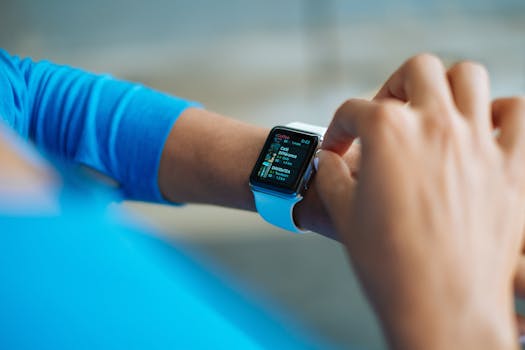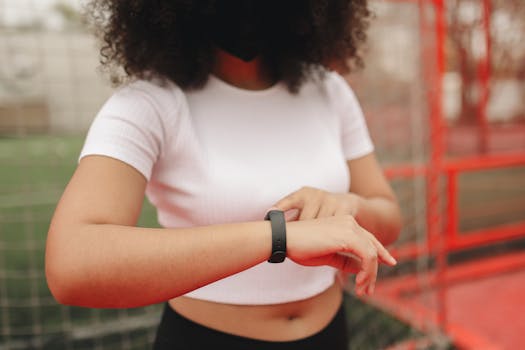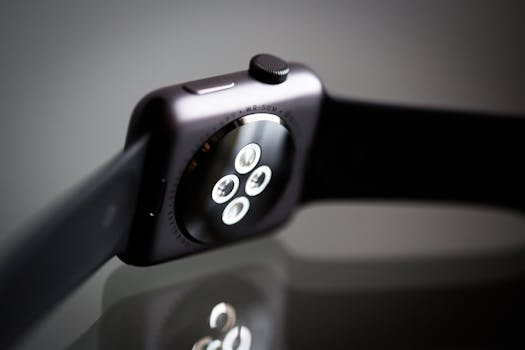
The Future of Health Tech: Wearables and Gadgets in 2025
Focus Keyword: Health Tech

Health Tech, the future of healthcare is rapidly evolving, and 2025 is expected to be a landmark year for innovative technologies that will revolutionize the way we approach health and wellness. At the forefront of this revolution are wearables and gadgets, designed to track, monitor, and improve our physical and mental health. In this article, we will delve into the latest trends and innovations in health tech, exploring the exciting developments that will shape the future of healthcare.
Wearables: The New Frontier in Health Monitoring

Wearables have been around for a while, but in 2025, they will become even more sophisticated, accurate, and user-friendly. From smartwatches to fitness trackers, these devices will be equipped with advanced sensors and AI-powered algorithms that can detect early warning signs of chronic diseases, such as diabetes, heart disease, and certain types of cancer. For instance, the latest smartwatches will be able to track blood glucose levels, blood pressure, and other vital signs, providing users with valuable insights into their health.
Moreover, wearables will become more integrated with other health tech devices, such as hearing aids, contact lenses, and even implantable devices. This will enable seamless data exchange and create a holistic view of an individual’s health, allowing for more effective disease prevention and management. For example, a smart contact lens can monitor glucose levels and send alerts to the user’s smartphone, while a hearing aid can detect early signs of age-related hearing loss.
Gadgets: Revolutionizing Health and Wellness

Gadgets are another area where health tech is experiencing rapid growth. From portable defibrillators to smart scales, these devices are designed to make healthcare more accessible, affordable, and convenient. In 2025, we can expect to see even more innovative gadgets that will transform the way we approach health and wellness. For instance, smart mirrors will be equipped with AI-powered skin analysis, allowing users to track their skin health and receive personalized recommendations for improvement.
Furthermore, gadgets will become more integrated with virtual and augmented reality technologies, enabling new forms of therapy, treatment, and patient engagement. For example, VR headsets can be used to treat anxiety disorders, while AR glasses can provide patients with personalized exercise plans and nutrition advice. This will not only enhance the patient experience but also improve health outcomes and reduce healthcare costs.
Conclusion

In conclusion, the future of health tech is exciting and promising, with wearables and gadgets playing a vital role in shaping the healthcare landscape of 2025. As these technologies continue to evolve and improve, we can expect to see significant advancements in disease prevention, diagnosis, and treatment. Whether you are a healthcare professional, a tech enthusiast, or simply someone interested in staying healthy, the future of health tech has something to offer. So, stay tuned and get ready to experience the revolution in healthcare that is just around the corner.





